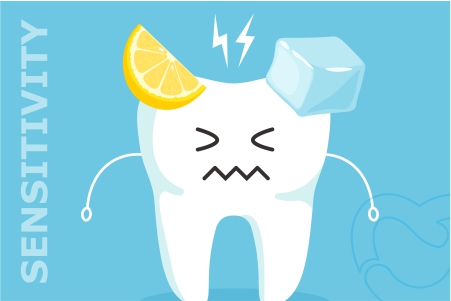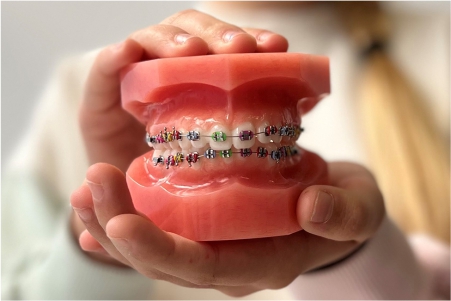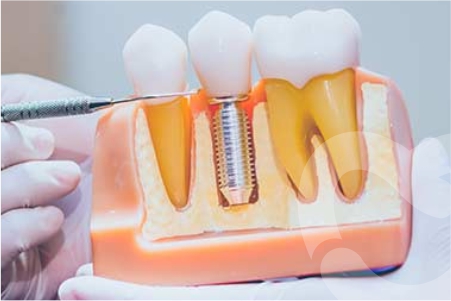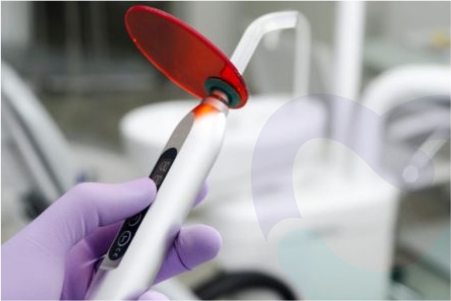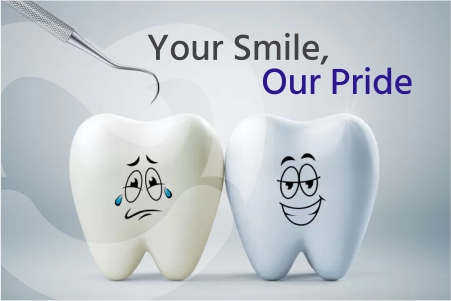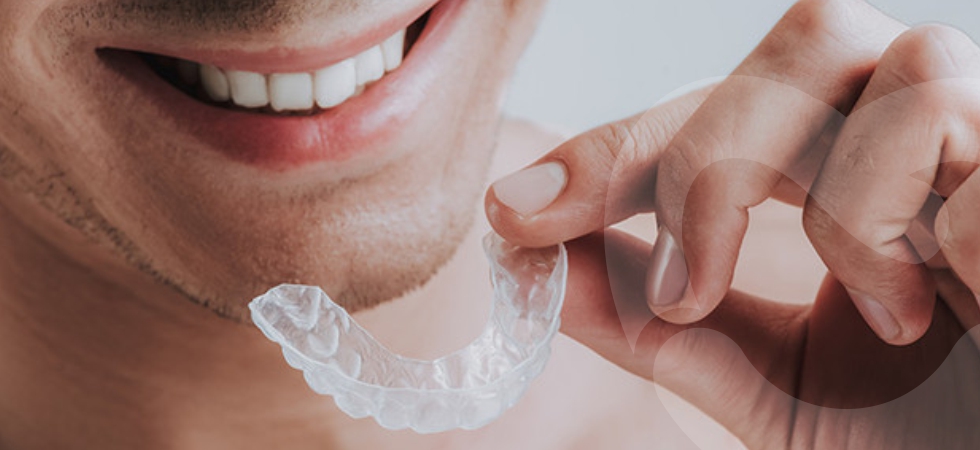
Have you ever woken up at night to the sound of a family member grinding their teeth? This habit, called bruxism, is more common than you might think. While it might just seem like a nuisance, it can actually lead to some pretty uncomfortable problems.
Grinding teeth can wear down your smile and cause headaches or jaw pain. It’s worth understanding why this happens and how it can impact someone’s day-to-day life. Let’s explore the causes of teeth grinding and what we can do to help those who experience it.
Teeth Grinding Overview
Teeth grinding, often called bruxism, is when people unknowingly grind their teeth. This grinding of teeth is usually because of stress or anxiety. This habit of grinding gradually damages teeth, causing cracks or even fall out. Plus, it can lead to chipped teeth, fractured teeth, worn tooth enamel, pain in your mouth, and even your body.
If bruxism is causing discomfort, it is ideal to visit the dentist and learn the best way to deal with it. Treatment for bruxism depends on its severity and can range from using simple mouthguards to replacing the damaged tooth.
Types of Bruxism
Bruxism is of two types:
- Sleep Bruxism is when you grind your teeth while you sleep. Many people realize it only when someone else mentions it. Sleep bruxism is a result of lack of sleep or disturbed sleep.
- Wake Bruxism happens during the day, usually when you’re under stress, anxious, or focused. You might find yourself clenching your teeth without even noticing it. Being aware of this habit is the first step toward managing it effectively.
Knowing if you have sleep or wake bruxism can help you and your dentist create a plan. This plan will protect your teeth and reduce any discomfort.
What Causes Teeth Grinding?
There’s no single cause of teeth grinding. Here are some of the major causes:
- Stress and Anxiety are the main reasons for tooth grinding. When a person is under pressure, stressed, or anxious, he/she does it even without their knowledge.
- The grinding of teeth is also because of sleep disorder. People with sleep apnea are more likely to grind their teeth.
- Misaligned teeth causes bruxism.
- Overconsumption of Caffeine, alcohol, and smoking leads to teeth grinding.
Common Symptoms of Teeth Grinding
- Loose or fractured teeth
- Severe headaches
- Wearing out of tooth enamel
- Tooth Sensitivity
- Earaches
- Pain in the jaw
- Stiffness or pain in the neck, face and jaw
- Disturbed sleep
Effects of Teeth Grinding
Teeth grinding isn’t just an annoying habit. If left untreated, it can cause some real damage. Constant grinding can lead to worn-down enamel, fractured teeth, and even chipped teeth. Plus, it can mess with your jaw joints, leading to TMJ issues that make it painful to chew or even talk.
Solutions for Teeth Grinding
Here are some simple but effective tips for bruxism treatment:
- Practicing yoga, meditation, or going for a daily walk can help you relieve stress and anxiety.
- One essential and effective teeth grinding treatment is reducing the intake of caffeine and alcohol.
- Use mouthguards or splints to prevent teeth rubbing.
- Incorporate jaw exercises to reduce grinding over time.
- Consider braces or aligners to fix your bite.
When to See a Dentist
If you’re dealing with tooth pain, tooth sensitivity, or chipped teeth, it’s definitely time to see a dentist. They’ll help confirm if bruxism is the issue and might suggest a mouthguard for grinding teeth or other treatments. A little help from experts can save you from bigger problems down the road.
If you are looking for the best dental clinic in Belgaum for bruxism, visit One Dentall. For more information or to book an appointment, give us a call at 9620 33 3810.
Conclusion
Teeth grinding, or bruxism, may seem minor, but it can lead to serious dental issues and discomfort if ignored. Whether it happens at night or during the day, it is important to recognize the signs and causes. This helps us find effective solutions. If you or someone you know is struggling with bruxism, don’t hesitate to consult a dentist.
For those in Belgaum seeking help with bruxism, visit One Dentall or call 9620 33 3810 to schedule an appointment. Protecting your smile is worth it!
FAQs about Teeth Grinding (Bruxism)
Bruxism is when you grind or clench your teeth, often without realizing it. It can happen while you’re asleep or even during the day.
There are a few common reasons, like stress and anxiety. Sleep problems, misaligned teeth, or habits like drinking too much caffeine or alcohol can also cause bruxism.
You might notice a sore jaw when you wake up, headaches, or even sensitive teeth. If you see any chipped or worn-down teeth, that’s a sign too!
If you ignore it, bruxism can lead to serious problems like worn enamel, cracked teeth, and jaw pain. It can make eating and talking uncomfortable.
There are several things you can try! Relaxation techniques like yoga or meditation can help. Cutting back on caffeine and alcohol is also good. You might want to use a mouthguard at night, and jaw exercises can be beneficial too.
If you’re experiencing tooth pain, sensitivity, or if your teeth look worn down, it’s a good idea to see a dentist. They can help figure out if bruxism is the issue and what to do about it.
Yes, kids can grind their teeth too! It’s often related to stress or dental issues. If you think your child might be grinding their teeth, it’s worth checking with a dentist.
Bruxism can cause real dental issues if left untreated, but it is manageable. The earlier you address it, the better!
At One Dentall, we can assess your situation and determine if bruxism is affecting your oral health. We offer personalized treatments, including mouthguards and other solutions, to help protect your teeth and relieve discomfort. If you’re in Belgaum, don’t hesitate to reach out!



